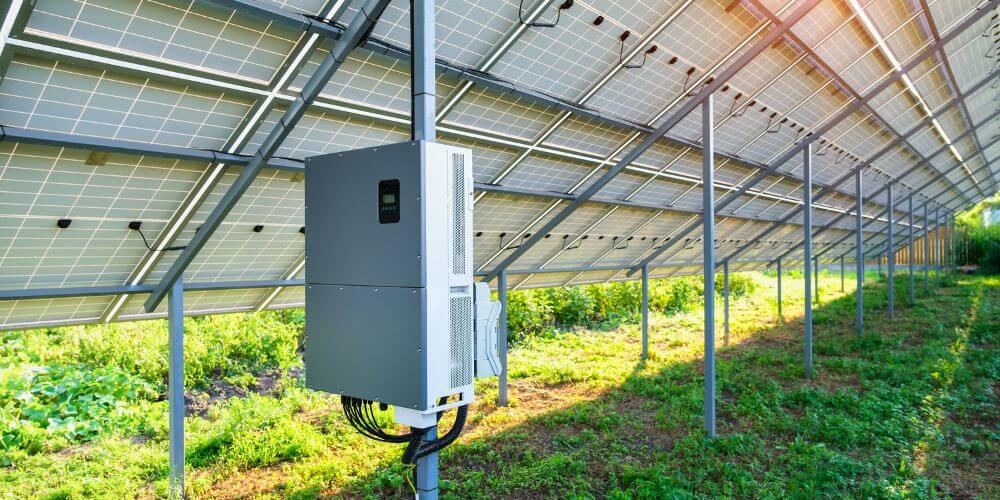Solar inverters are crucial in harnessing the power of solar energy and converting it into usable electricity. Solar panels are the outward face and most recognisable component of most solar energy systems, but solar inverters are play an equally important role behind the scenes, converting the sun’s rays into useful electricity for your household. The two work together, like brain and brawn, to maximise your electricity generation as effectively and safely as possible.
The benefits of solar inverters are most evident in the face of a single, albeit significant, problem in the average solar energy system: solar panels generate Direct Current (DC) electricity, but the average household runs off of Alternating Current (AC) electricity, and therefore requires a little outside help in order to make use of the sun’s energy. Hence the need for a solar inverter, whose primary purpose is to convert the DC electricity generated by solar panels into AC electricity which can be safely used in your home, and its many electronic devices and appliances.


